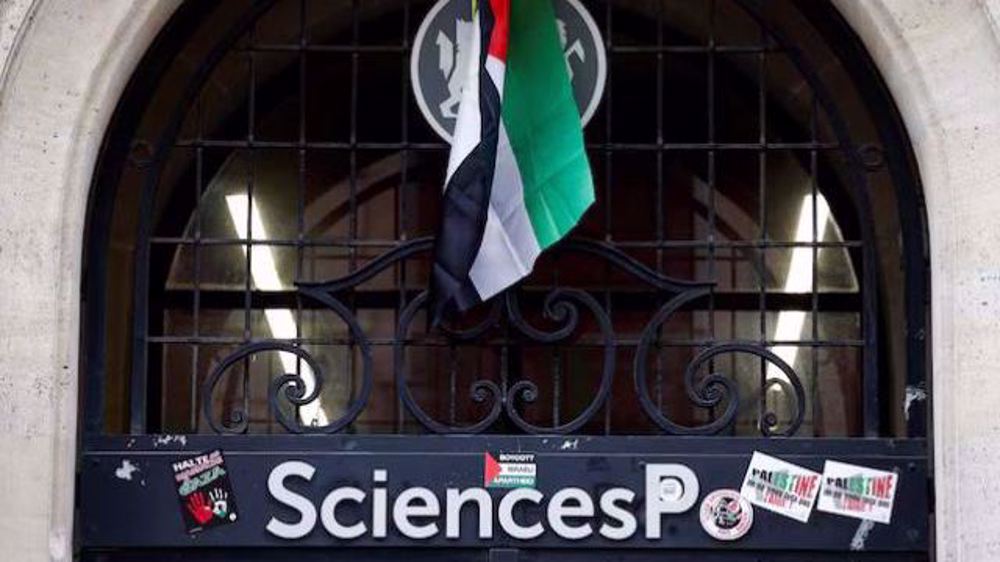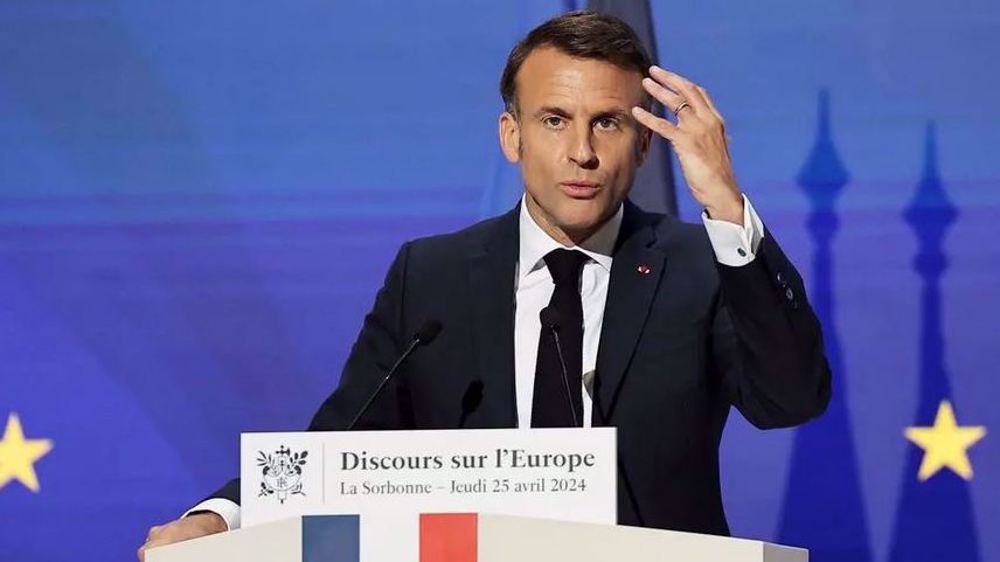Portuguese heading to polls to elect new president
People in Portugal have started casting ballots in the presidential election, the ninth such poll in the South European state since the revolution in 1974.
Polling stations opened at 08:00 a.m. local time (0800 GMT) on Sunday and will close at 7:00 p.m. local time (1900 GMT), with some 9.7 million citizens eligible to vote.
There are 10 candidates to compete in the presidential race, including independent nominees and those supported by political parties.
The outgoing conservative President Anibal Cavaco Silva has served two consecutive five-year terms.
In Portugal, the president is a ceremonial post, but has the power in the event of a crisis to dissolve the parliament and dismiss the ruling government, which has been relying on a fragile coalition with the far-left to run the country since last October’s general election.
Latest surveys show that Marcelo Rebelo de Sousa, the former minister and president of the center-right Social Democratic Party (PSD), could win Sunday’s election.

He enjoys more than 50 percent support followed by Antonio Sampaio da Novoa, an independent candidate, and Maria de Belem on almost 22 percent and 16 percent support, respectively.
The center-right coalition of former conservative premier, Pedro Passos Coelho, won the most seats in Portugal’s last October general election, but lost the absolute majority it had enjoyed since 2011.
When Coelho came to power, Portugal was on the brink of defaulting on its debt, while his Socialist predecessor, Jose Socrates, had asked for a 78 billion euro (USD 88 billion) bailout from the European Union (EU) and the International Monetary Fund (IMF).
However, Portugal exited the bailout scheme in May 2014 due to harsh austerity measures and increased taxes, returning to growth after three years of recession.
The current government of Socialist Prime Minister Antonio Costa has vowed to implement a moderate program that upholds EU budget commitments.
Islamic Jihad: Al Jazeera shutdown meant to conceal Israel’s war crimes
Leader: This year's Hajj 'disavowal of Israel, supporters'; Gaza genocide etched in history
US campus protests show Zionists failed to manipulate public opinion in West
Iran performs first organ transplantation surgery from brain dead patient
VIDEO | Iran-Africa Economic Conference
Israel orders 100,000 Palestinians to evacuate Rafah ahead of ground invasion
EU naval mission says 'most powerful systems' fail to confront Yemenis: German media
Hamas says seeks ‘comprehensive truce' as Israel hell-bent on war, blockade















 This makes it easy to access the Press TV website
This makes it easy to access the Press TV website